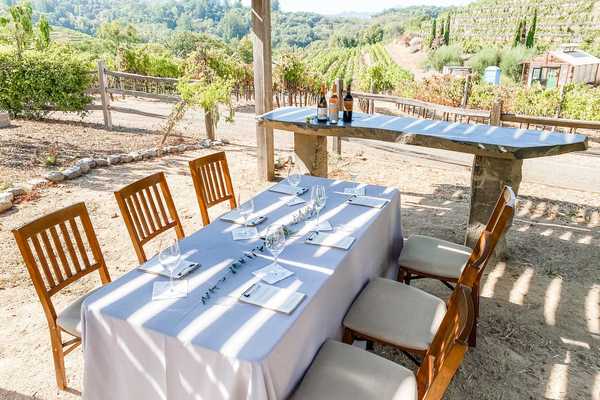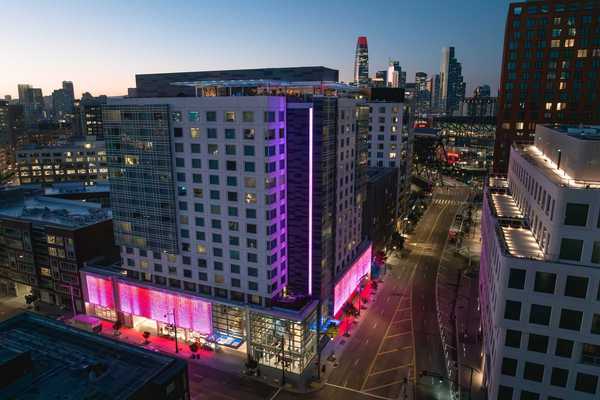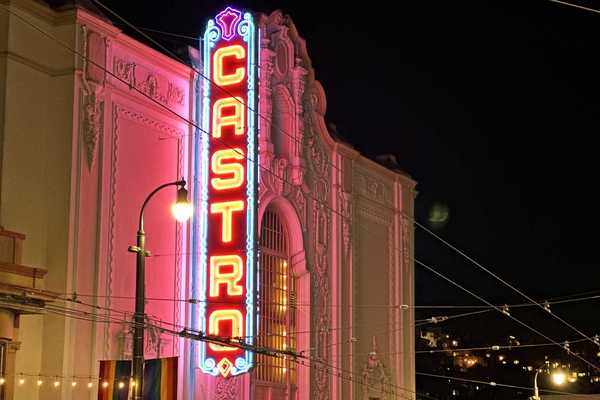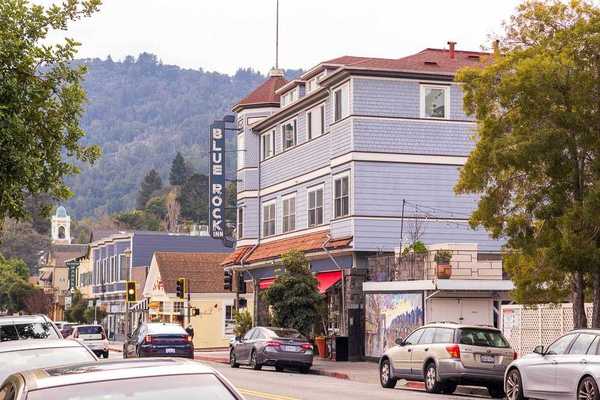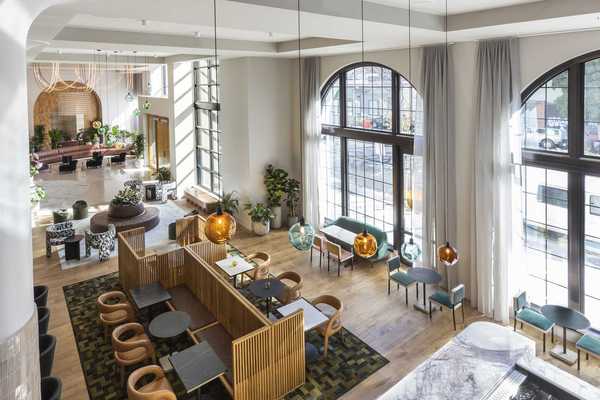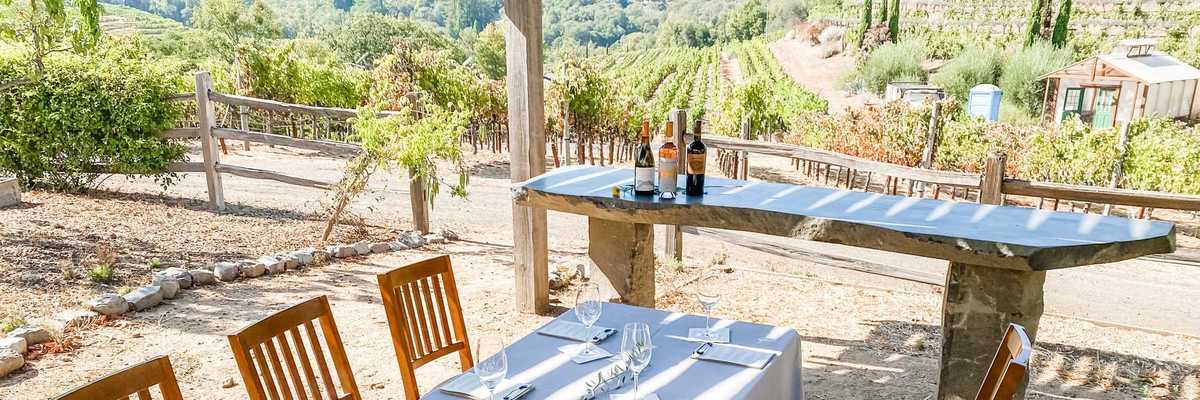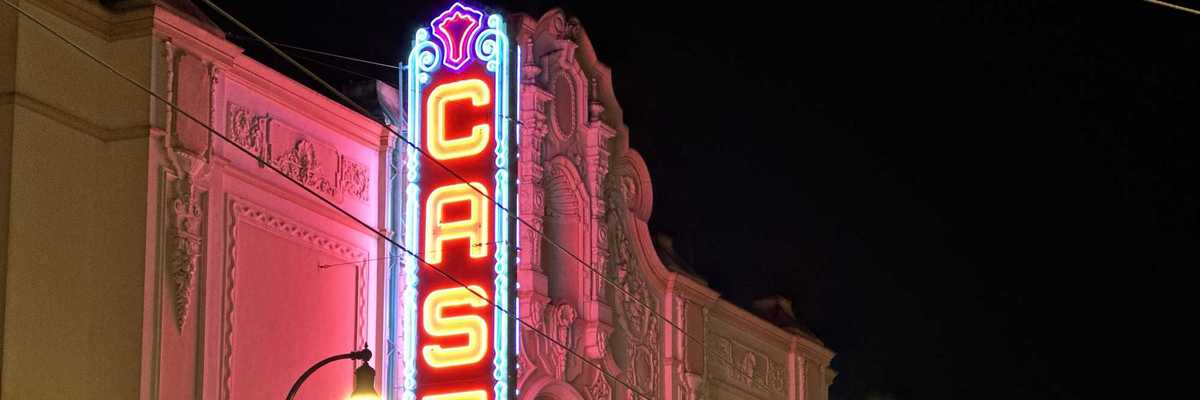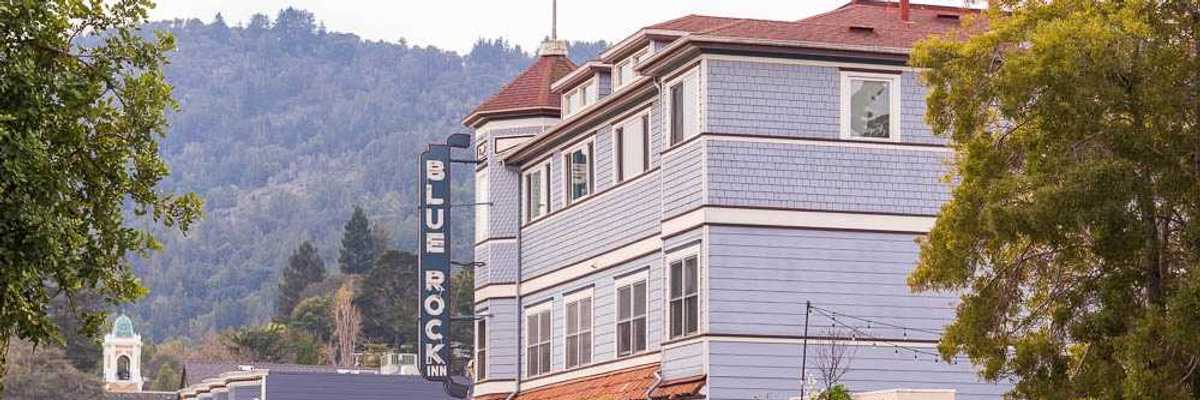Jamil Zainasheff had never planned to go pro. Over the past decade, he'd carved out a niche for himself in the growing homebrewing movement, authoring books on classic beer styles and yeast and hosting a popular Internet radio show, "The Jamil Show," on the Brewing Network. "I've always said I didn't want to set up a [commercial] brewery, because they're very expensive, and it's a lot of hard work," Zainasheff says.
That is, until a too-good-to-be-true offer fell into his lap. E.J. Phair, a growing brewery in Pittsburg, offered Zainasheff the opportunity to conduct an alternating proprietorship. For a fledgling brewer, this offer can be the equivalent of Willy Wonka's Golden Ticket: with most of the necessary licenses already obtained and the brewing equipment already purchased, start-up costs are unusually low. "When you see an opportunity like that, you have to take it, otherwise you'll be kicking yourself for the rest of your life," says Zainasheff.
After a small fundraising effort for ingredients and other necessities, Zainasheff's brewery, Heretic, was born. Asked why he chose the unique name, Zainasheff offered a historical explanation: "Traditionally, a heretic is someone who doesn't follow the established norm. Galileo was considered a heretic because he believed the earth revolved around the sun. In beer, which is kind of a religion to some people, not following the established norm can make you something of a beer heretic. A lot of craft beer lovers are really beer heretics."
Heretic's first brew should be popping up in Bay Area bars in early March, with a potential bottled offering to follow. Zainasheff is reluctant to offer too many details, but says that he'll likely refrain from adhering to any one traditional style; he's hoping to make Heretic known for offering unusual and extreme beers, potentially starting with a sour.
Having changed his mind about becoming a professional brewer, Zainasheff is particularly eager to prove his mettle. "With all the buzz starting around this, I really feel like our first beer needs to be perfect. One of the advantages that we have, with our low startup cost, is that if the beer's not perfect, we're just going to dump it. I don't care if we have to dump it ten times. Making a beer that's the absolute best you can possibly produce-- I think that's really important. We have that luxury, and it's fantastic."



